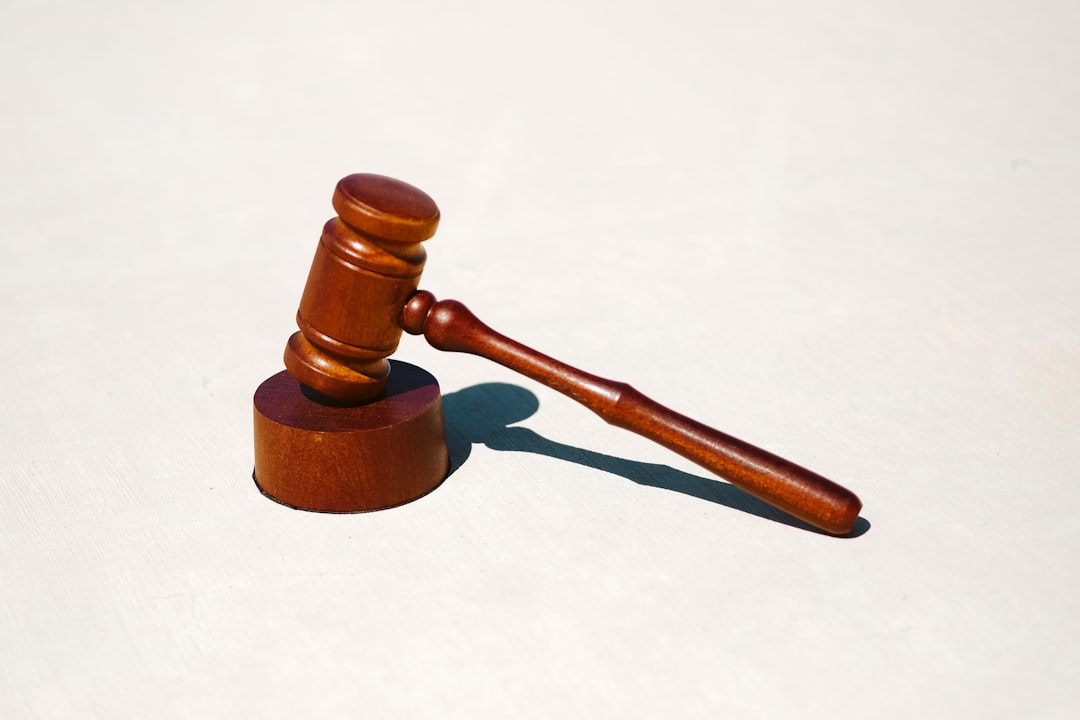Debtors in Florida benefit from state and federal protections during debt collection, including legal standing, transparency, and dispute rights. Once a judgment is issued by a Florida court, specialized debt collector attorneys ensure fair enforcement through wage garnishment, asset liens, or property seizure, adhering to the Fair Debt Collection Practices Act (FDCPA) and local regulations. These experts are crucial for maximizing recovery while protecting both debtors' rights and creditors' interests throughout the process.
In Florida, understanding debt collection laws and your rights is crucial for navigating the enforcement process. When a judgment is issued, it triggers a series of steps toward debt recovery. A debt collector attorney in Florida plays a pivotal role, ensuring clients’ legal protections are upheld during this period. This guide explores the comprehensive journey from judgment issuance to resolution, highlighting the significance of professional legal representation to manage and ultimately resolve debt collection matters effectively.
Understanding Florida Debt Collection Laws and Rights

In Florida, both state and federal laws govern debt collection practices to protect consumers’ rights. It’s crucial for debtors to understand their legal standing when dealing with debt collectors or facing judgment enforcement. Florida law mandates that debt collectors adhere to fair and honest collection procedures, ensuring transparency throughout the process. They must provide validation of the debt and cease communication if a debtor disputes it.
Debtors in Florida have specific rights, including the right to be informed about the amount and nature of the debt, to request verification, and to dispute the validity or amount of the debt within 30 days. Engaging a debt collector Attorney Florida can help debtors navigate these complex laws, ensuring their rights are protected during the collection process.
When a Judgment is Issued: Enforcement Process in Florida

When a judgment is issued by a Florida court, it represents a legally binding decision that a debtor owes a specific amount to a creditor or debt collector. This judgment serves as a powerful tool for debt collectors in Florida to enforce repayment. The enforcement process typically begins with the debtor having an opportunity to appeal the judgment if they dispute its validity. If no appeal is filed or the appeal fails, the judgment becomes final and can be enforced by the winning party, often represented by a debt collector attorney in Florida.
Enforcement actions can include various methods such as garnishing wages, placing liens on assets, or even seizing non-exempt property to satisfy the debt. Debt collector attorneys in Florida play a crucial role in navigating these legal procedures, ensuring that all collection efforts comply with state laws and protecting the rights of both debtors and creditors.
The Role of a Debt Collector Attorney in Florida Enforcement Cases

In Florida, a debt collector attorney plays a pivotal role in enforcing judgment debts. These legal professionals specialize in navigating the intricate processes involved in collecting unpaid debts, ensuring that all activities adhere to Florida’s strict regulations and laws. They possess in-depth knowledge of the state’s collection practices, including the Fair Debt Collection Practices Act (FDCPA) compliance, which protects consumers from abusive or false collection tactics.
A debt collector attorney in Florida assists clients by reviewing case details, analyzing relevant laws, and devising effective strategies to enforce judgments. They handle negotiations with debtors, draft legal notices, and represent clients in court if necessary. Their expertise enables them to guide clients through the entire enforcement process, maximizing recovery potential while upholding ethical standards.






